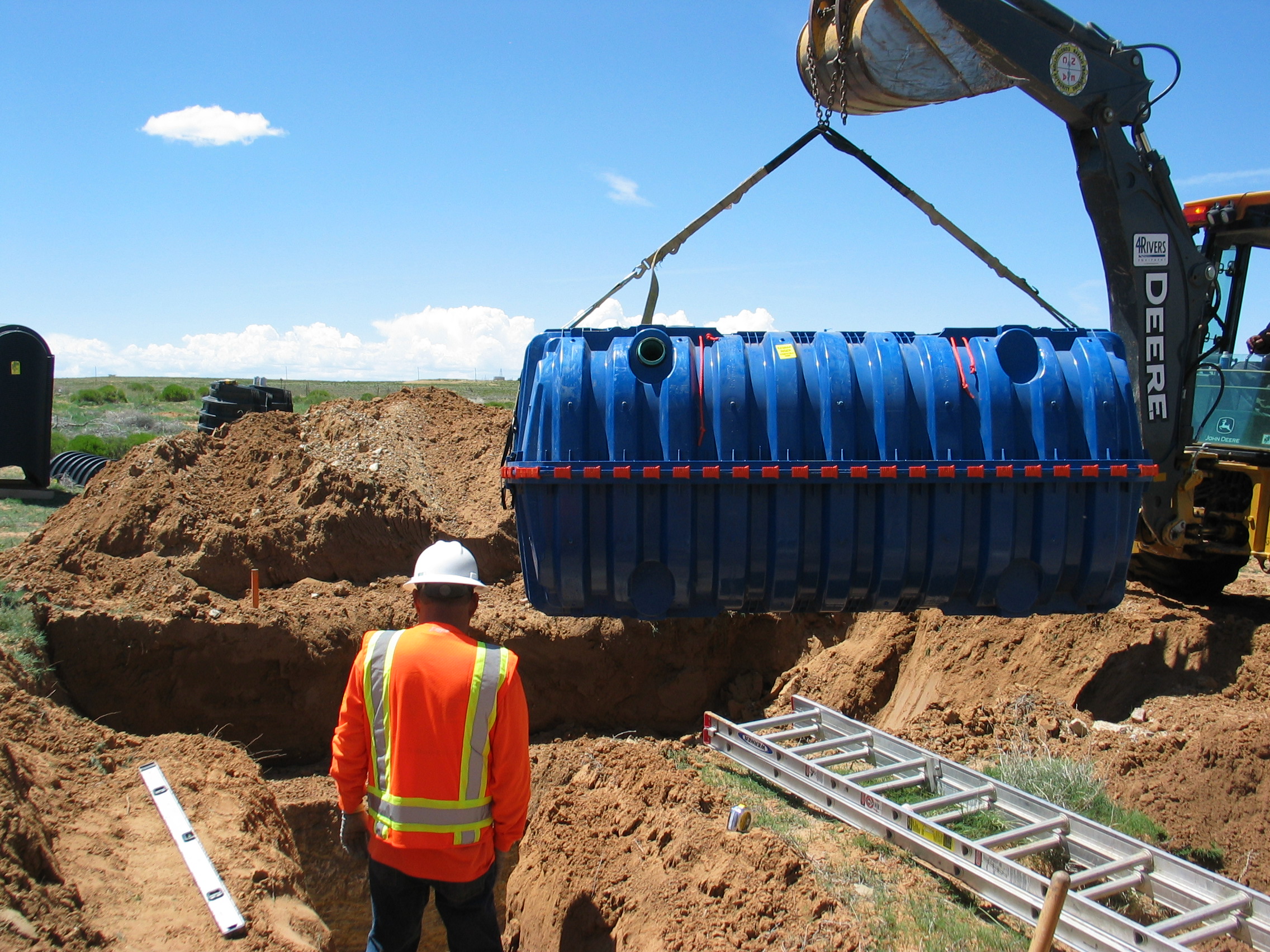
- Details
- By Native News Online Staff
Elected leaders of the Confederated Tribes of the Umatilla Indian Reservation (CTUIR) and Indian Health Service (IHS) officials will sign a memorandum of agreement on Monday, Aug. 26 for the tribe’s $44.5 million wastewater treatment project.
The ceremonial signing is set for noon at the Nixyáawii Governance Center to celebrate the $38 million IHS has appropriated from its Sanitation Facilities Construction (SFC) Program for the Mission Community Wastewater System Upgrade.
“The Confederated Tribes of the Umatilla Indian Reservation is tremendously grateful to the Indian Health Service for its efforts in securing this crucial funding for our much-needed wastewater treatment plant,” CTUIR Chairman Gary I. Burke said. “Once constructed, this facility will allow the CTUIR to produce water for irrigation needs while reducing groundwater usage from local aquifers. This project will also facilitate economic and community development as well as housing opportunities on the Umatilla Indian Reservation, while limiting the impact to our crucial groundwater resources.”
This project is the largest funded by the IHS Portland Area SFC Program. Public Works will operate the facility along Mission Road with the ability to treat up to 1.5 million gallons of wastewater per day. It will also conserve aquifer water by maintaining current demand levels while serving the growing community.
“It is estimated that, in 2042, 444,000 gallons per day of reuse water would be available to offset water withdrawals from the regional aquifer,” Public Works Director Justin Northern said. “That is equivalent to the annual permitted water production capacity of two to three additional community wells. The treatment and reclamation process will produce a valuable resource for reuse as Class A-recycled water suitable for watering lawns and gardens, including fruit and vegetable plants.”
“Having access to clean water is something that many take for granted, yet there are far too many communities across Indian Country that to this day do not have access to safe and reliable water and sanitation infrastructure,” said IHS Director Roselyn Tso. “I have seen firsthand the impact of not having access to these essential services. It is a matter of public health, but it is also a matter of respect for our Native people. For 65 years, the Indian Health Service has played a leading role in improving water and sanitation services to our people, but with limited resources. This is why the Biden-Harris Administration’s historic investment in this infrastructure is so important in improving overall well-being of our tribal communities.”
Along with the IHS funding, U.S. Sens. Jeff Merkley and Ron Wyden helped secure $3 million from the Environmental Protection Agency for the wastewater system project, while the CTUIR will provide $3.5 million.
Construction on the facility is expected to start in late 2025 with a completion goal in late 2027.
More Stories Like This
Gwich'in Tribal Governments Submit Comments Challenging Fish and Wildlife Service's Inadequate Environmental Review of Arctic Refuge Snow RoadRappahannock Tribe Challenges 9M-Gallon Water Plan
Feds release draft long-term plans for Colorado River management
Apache Leader Walks 60 Miles to Court Hearing That Will Decide Fate of Sacred Oak Flat
Rappahannock Tribe Raises Sovereignty and Environmental Concerns Over Caroline County Water Permit
Help us defend tribal sovereignty.
At Native News Online, our mission is rooted in telling the stories that strengthen sovereignty and uplift Indigenous voices — not just at year’s end, but every single day.
Because of your generosity last year, we were able to keep our reporters on the ground in tribal communities, at national gatherings and in the halls of Congress — covering the issues that matter most to Indian Country: sovereignty, culture, education, health and economic opportunity.
That support sustained us through a tough year in 2025. Now, as we look to the year ahead, we need your help right now to ensure warrior journalism remains strong — reporting that defends tribal sovereignty, amplifies Native truth, and holds power accountable.
 The stakes couldn't be higher. Your support keeps Native voices heard, Native stories told and Native sovereignty defended.
The stakes couldn't be higher. Your support keeps Native voices heard, Native stories told and Native sovereignty defended.
Stand with Warrior Journalism today.
Levi Rickert (Potawatomi), Editor & Publisher


